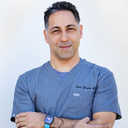Thank you for your question. You’re asking if PRP with CRP more effective than PRP alone for hair loss.





